“I am so proud of my children but it is sad that I don’t even remember the old me, who I was before their diagnosis,” says Valerie Brincat, whose three children, a boy and twin girls suffer from varying degrees of autism.
Her 15-year-old son has moderate to severe symptoms – what is called ‘classic’ autism. Her 12-year-old twin daughters’ condition is much less severe.
“When my son was still young I had no idea what autism was. I had heard of it but never bothered to see what it was. I took him to a speech therapist because he had not started speaking. Like many parents of autistic children, I also took him to an ENT doctor. You see, children with autism are often unresponsive to their own name, leading parents to believe that something is wrong with their hearing.”
Valerie says one of the girls was diagnosed at one year and seven months. “I was looking out for the symptoms.” Her sister was diagnosed at age four because her symptoms were very mild. “When the girls were diagnosed it was much harder on me. When my son was diagnosed I had no idea what to expect. How challenging it would be. Suddenly I had three children with autism.”
Mrs Brincat says denial also played a big part. “Denial is a big problem for parents like me. It is difficult to accept the diagnosis because children look normal until the symptoms start showing. With my son I only really accepted the situation when he was around seven. I used to say that I had accepted it but now I know that I hadn’t, really. Now I do.”
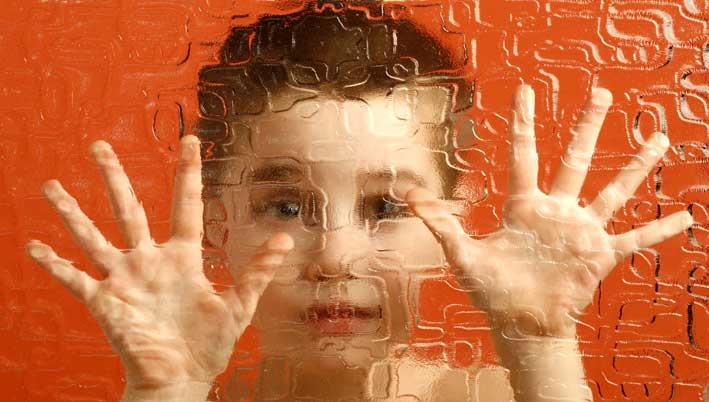
What is your typical day like?
“It was harder when they were younger but now I find myself going through another difficult phase as my children have reached puberty. I see other children their age who are meeting friends and going out, and my son is at home watching Barney. That’s difficult.” Valerie explains that her son’s childhood school friends seemed to accept and understand him more but they grew apart.
“A lot of my day is routine. The children need it. There are times where I cannot keep to the routine because of an unscheduled event, but I try to prepare them or redirect their attention to something else so they forget about the change. This affects mostly my son. It can be the smallest of things, like skipping the usual visit to nanna’s house on a Sunday. I would have to tell them beforehand about the change.”
“My son finds it very difficult to return to school after a midweek public holiday, because it disturbs his usual routine. If I have to use a different route to go somewhere he gets distracted, he gets upset. By that I mean the beginning of a tantrum. You can see in his eyes that he is ready to explode. You have to redirect him to something else.”
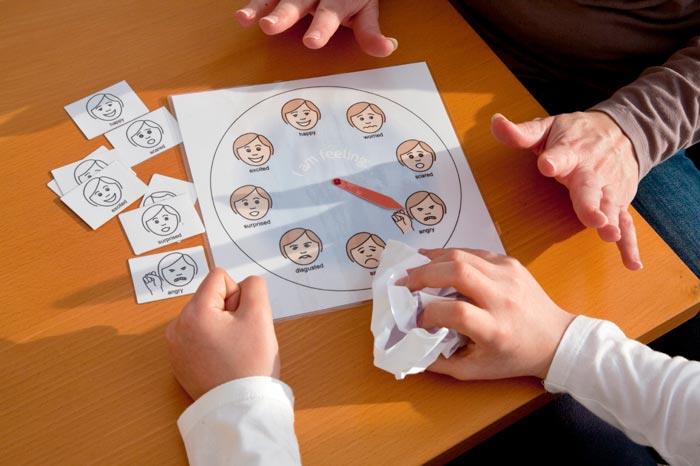
Society needs to be more aware
Valerie says one of the biggest challenges for people with autism is society and its lack of awareness and education on the matter. “Many mothers like me are judged and criticised by people who have no idea what autism and its symptoms are. That is why awareness is important and is never enough. Awareness should not only be raised in April, during Autism Awareness Month, but throughout the year.”
She explains that people who do not know what autism is might think that these are spoilt or undisciplined kids. “When they’re older it is more understandable. If people see a 16-year-old child have a temper tantrum on the floor, they might realise that there is something wrong. But when it is a four-year-old they might get a different idea.”
She adds that adolescents with autism might even act violently towards their parents. “People might think they were beating up their parents because they lack discipline when in actual fact it would be the result of their condition, and something that has upset them.”
“One of our fears is that this may happen with police officers. How trained and aware are they? Autistic people do not like to be touched and may even react badly to a certain tone of voice. They can feel threatened. What happens if an autistic adult hits a police officer?”
The story is the same with hospitals. “One of the issues is the waiting times. Our children do not understand the concept of time. The longer they are made to wait the more challenging they get. They might act in a way that can annoy people, such as going through peoples’ purses or grabbing someone’s phone. Other children, like my son, could get aggressive. Not everyone tolerates this behaviour and at the same time I don’t have a sign on my chest saying my child has autism.”
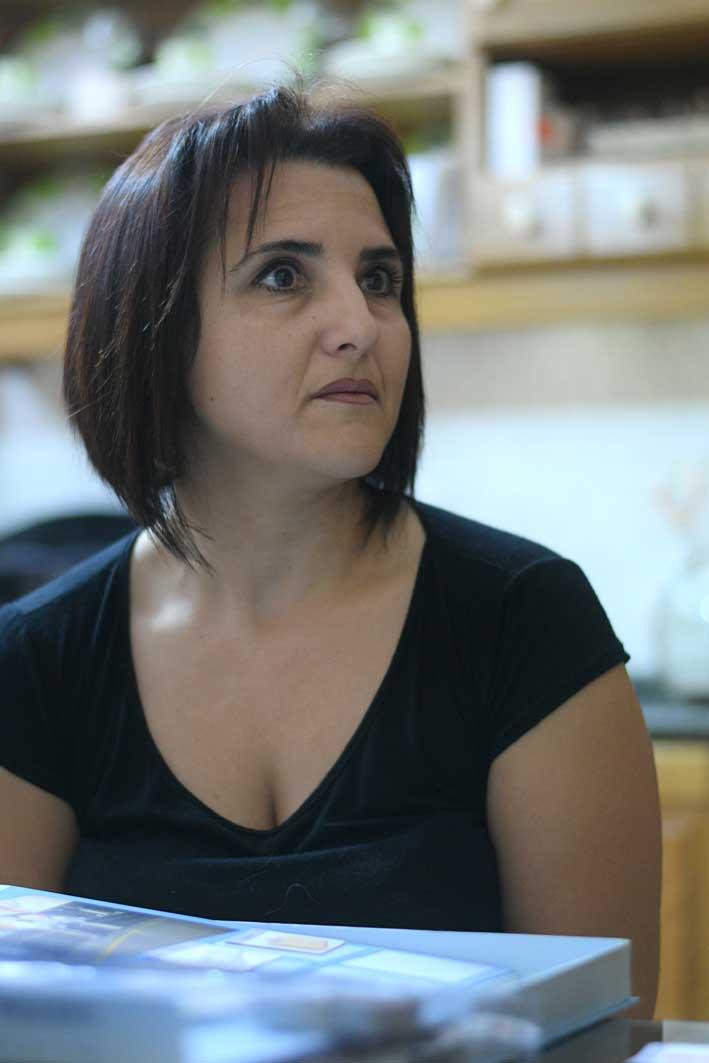
Disability benefit not enough
Like other parents of children with disability, the parents of autistic children get a disability allowance from the government. The process can prove to be challenging. “We have to meet the medical board once a year for reassessment. They give us all an appointment at the same time. It makes no sense to make children with autism wait for two hours. This happens every year and, remember, autism is not cured. “
She also explains that the disability allowance of around €260 for every three months does not even cover half their expenses.
“Our kids need intensive therapy and the government provided therapy sessions – as a result of the great demand and lack of resources – are simply not enough. Those who afford can go private. I cannot afford sending all three so I send my son. One single therapy session can cost between €25 and €35 an hour and there are several different specialists we go to, like speech therapists and OT. Other parents might send their kids to social groups, summer school. There is also equipment our children need, like devices and fidgets, which are also quite expensive.”
Education and employment
Turning to the issue of schools, Valerie highlighted that APA often receives comments and complaints on their children’s educational support. “We understand that while most Learning Support Assistants are dedicated and qualified, parents also do feel that there are also cases where tutors are mostly just there for the rest of the classrooms, and not for the pupils with special needs.”
According to APA, she says, children with autism are sometimes underestimated, and might be given tasks that are far below their capabilities. On the other hand “we have had scenarios where some tutors might even have unrealistic expectations thus frustrating both the child and the parent”.
Mrs Brincat also points out an unfair practice which often bars autistic people from attending university. “Maltese students are required to have an O ’Level in Maltese. While they are capable of learning two different languages, it is difficult for them to reach an O’ Level standard in both. Also, Maltese seems to be difficult for them to learn. One of the reasons could be that practically all their resources and technology is in English. This is particularly unfair since foreign students are not required to have an ‘O’ Level in Maltese.”
With regard to employment Mrs Brincat says more needs to be done to teach employers about autism, and the conditions and limitations associated with it.
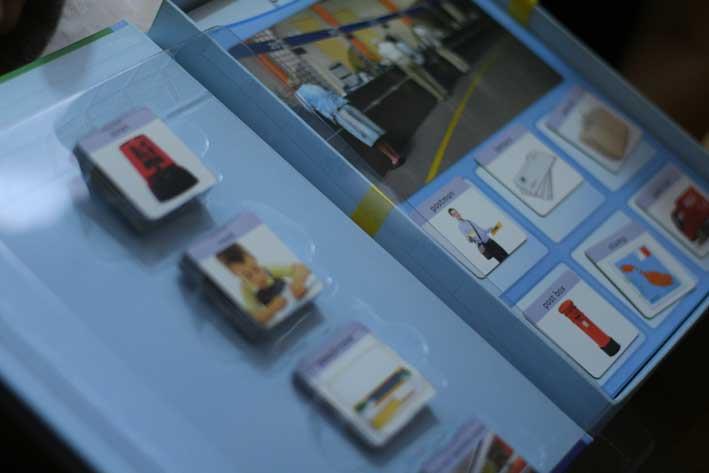
Fears about the future
“I have serious fears about the future of my children, particularly my son,” says Valerie. “I am currently going through a phase of anxiety and panic because I am watching my son become a man and I am worried about his future. I worry about what will happen to my children when my husband and I are no longer around. Will they find work? What kind of life will they have?”
Mrs Brincat says she fears mostly for her son. “I worry about things such as whether he will find a job and keep it. Will he have colleagues who understand and accept him? Will he feel wanted or will he feel like he is a burden on others? I try to teach him independent living skills, like how to wash and dress by himself because I don’t want him to be a burden on others. There are many questions and no answers. I fear the unknown.”
My children give me the strength to continue
“So what drives you to keep going, in the face of all these challenges and questions,” we asked. “I was going through a rough patch lately, locking myself behind a door and crying. Then I say my kids need me. That is what keeps me going,” Valerie says.
Tearing up, the mother of three says she and her husband have neglected themselves to look after their children. “My husband helps a lot. He is trying to get a better education to get a better pay. I also hope to eventually enrol in a course to try and achieve something I never had the time for. I need to focus a bit on myself as well. All my adult life has been about autism. I don’t remember the old Valerie and that is so sad.”
She continues: “My husband and I have plans, such as moving into a new home with an outdoor area where I can organise recreational activities for the kids. I fear that I will not realise my expectations, because they are costly and I have to take care of my kids, work at my full-time job and run my small business. My husband and I are very proud of our children but it is sad that you don’t remember what you were like before the diagnosis. Everything changes after. You have to change your life and put your dreams on hold to take care of your children.”
Valerie says thoughts like ‘why me’ and ‘why my kids’ also go through her mind. “I don’t have any other family members with autism. Why mine? What did I do wrong? Where did this come from? A lot of people ask these questions, especially those who have more than one child with autism. There are a few of them.”
Putting on a brave face she says: “But again, the fact that they need me is what keeps me going. The longer I can stay on this earth and hug them the better. I am trying to be as positive as possible.”
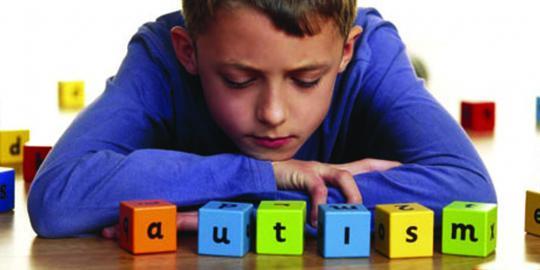
Raising awareness, guiding other parents
There is no real data on the number of people with autism in Malta although the authorities have embarked on a data collection exercise.
The Autism Parents’ Association (Malta), of which Mrs Brincat is the PR person, has around 200 registered members. There are around 700 members on its private Facebook page.
“The role of the association is to provide support, information and guidance to parents. We understand them because we are them. Simply showing someone that you know and feel what they are going through can be a big help.”
The association is preparing to launch a handbook on autism, highlighting the services and benefits available to people with autism. It also organises events for families, which are held in safe and appropriate environments. The aim is to provide parents with an enjoyable experience and peace of mind that their children are in safe hands or in the right environment. “We also carry forward their complaints, including complaints of injustices.”
Apart from being a member of the association, Valerie also helps out by performing multi-sensory story telling at two state schools. She has also produced her own range of teaching resources. “I did these because all the available resources are academic. It is all numbers, colours and alphabet but there is nothing on life skills.”
Her resources are ideal for teachers and LSAs as well as for parents. “I did them to help mothers like me. Some parents can’t afford a computer, or internet. Some barely have enough to put food on the table. These resources give them an affordable solution.”
The Autism Parents’ Association can be reached via its website – www.autismparentsassociation.com – as well as on: 7928 5438 and email: [email protected]
Anyone interested in joining the private Facebook group can also send a private Facebook message to Valerie Brincat.
Valerie’s learning resources can be purchased online from http://www.twiggleland.com/